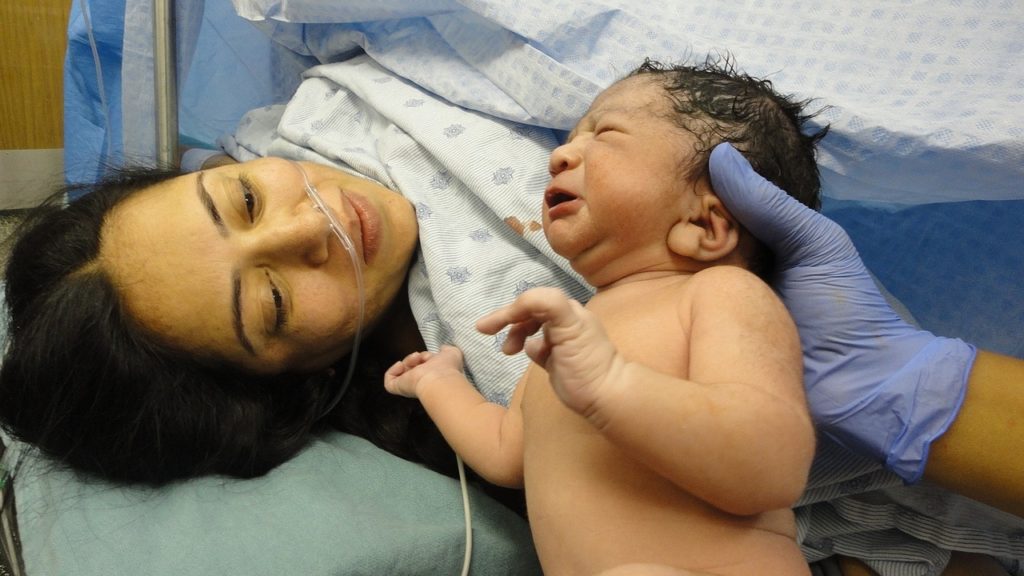Doctors are often asked if an HG pregnancy is “high risk.” It is important to understand that there is no standard definition of what high risk means. It is also clear that a person who has hyperemesis gravidarum (HG) does not have a normal pregnancy. There are a few things that people might mean when they say “high risk.”

- Is there a chance of short term, or long term, health risks to the pregnant woman and/or her baby?
With hyperemesis gravidarum (HG), the answer to this is yes. Risks to the mom are numerous and include: dehydration, malnutrition, vitamin deficiencies, renal failure, deconditioning, postpartum depression, and even death. Risks to the baby include miscarriage, neurodevelopmental issues, and even metabolic issues in adulthood. Appropriate treatment is needed to prevent these complications.
- Do I need to see a specialist because I have hyperemesis gravidarum (HG)?
The answer to this one is maybe. The best doctor for someone with hyperemesis gravidarum (HG) is one that will listen, believe you, and keep working with you to find a treatment that works. Sometimes this is a midwife or family doctor, and sometimes this is an obstetrician, perinatologist, or maternal fetal specialist.
- Does hyperemesis gravidarum (HG) put me at risk for other pregnancy complications?
The answer to this one is yes. Hyperemesis gravidarum has been shown to increase the risk of preeclampsia, stillbirth, and preterm delivery, especially in the most severe cases. The risk of getting these complications is low, but your obstetrical provider should be monitoring closely for these, even if your symptoms have resolved or are controlled by medication.
- Do I need to deliver in a special setting (hospital vs birth center/home birth)?
This one is more complicated. For many women with hyperemesis gravidarum, symptoms will be well controlled or resolved by the time they deliver, and they may have more choices for their birthing setting. It is important to remember that nausea and vomiting often return during labor, and good hydration will help progress in labor. You may be at a higher risk of complications in labor. It is important that you discuss this with your doctor or midwife and that they are aware that you had HG during your pregnancy if they have not been with you the entire time.
- Will I need a c-section?
There is no reason that you would need a c-section solely due to hyperemesis gravidarum (HG). Even women who are very sick until the end of pregnancy are able to have vaginal deliveries. Most c-sections are due to reasons that develop during labor, so there is always a chance that one might be recommended.

Finally, whether your healthcare provider considers your pregnancy high risk or not, you need proactive, effective HG treatment to control symptoms, as well as nutrients (thiamin), social support, and careful monitoring for other complications. An HG pregnancy may not look anything like you imagined, which is difficult emotionally, but you are not alone. The HER Foundation is here to support you until you have your baby in your arms and long after.
GET INVOLVED

